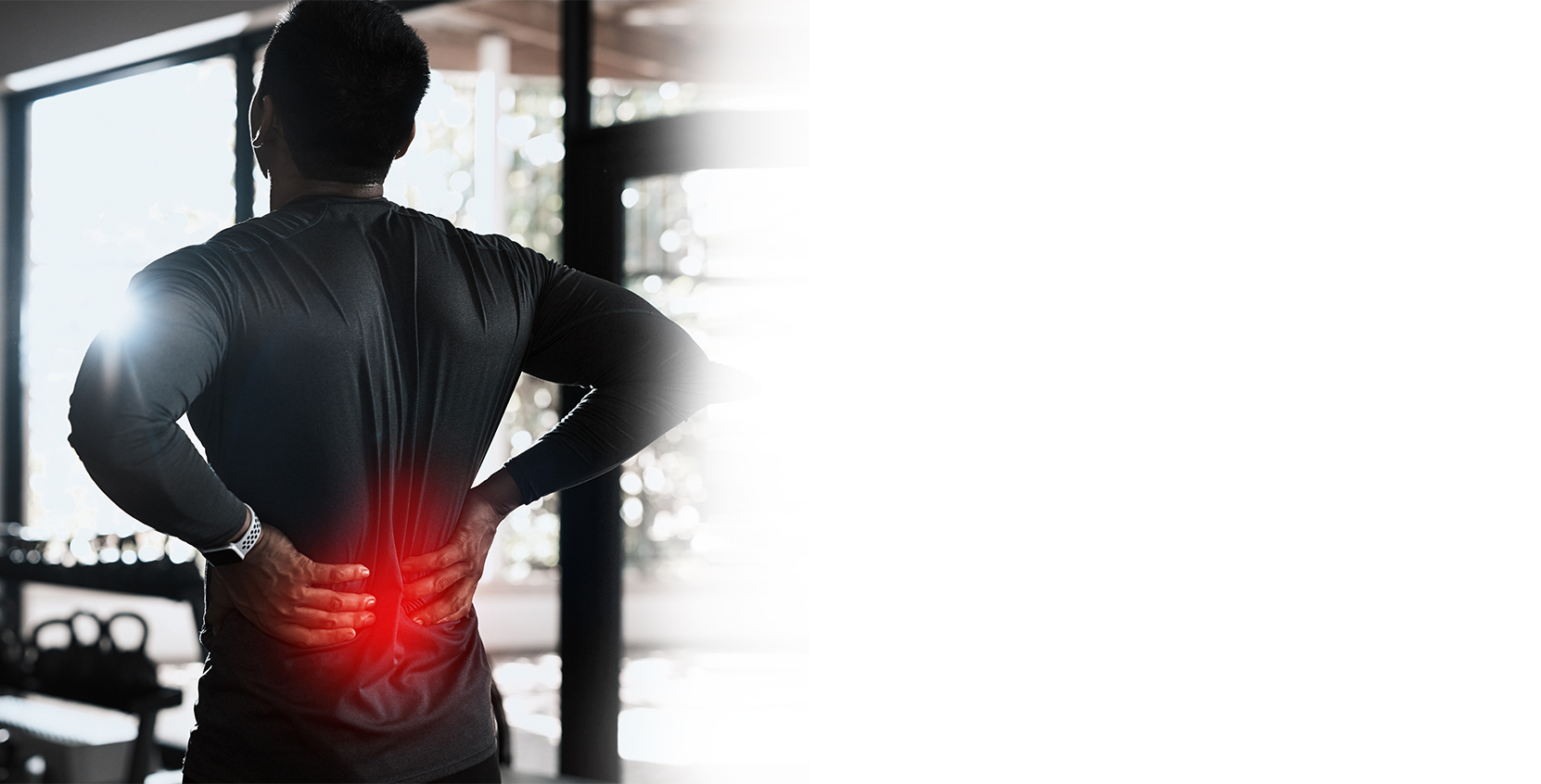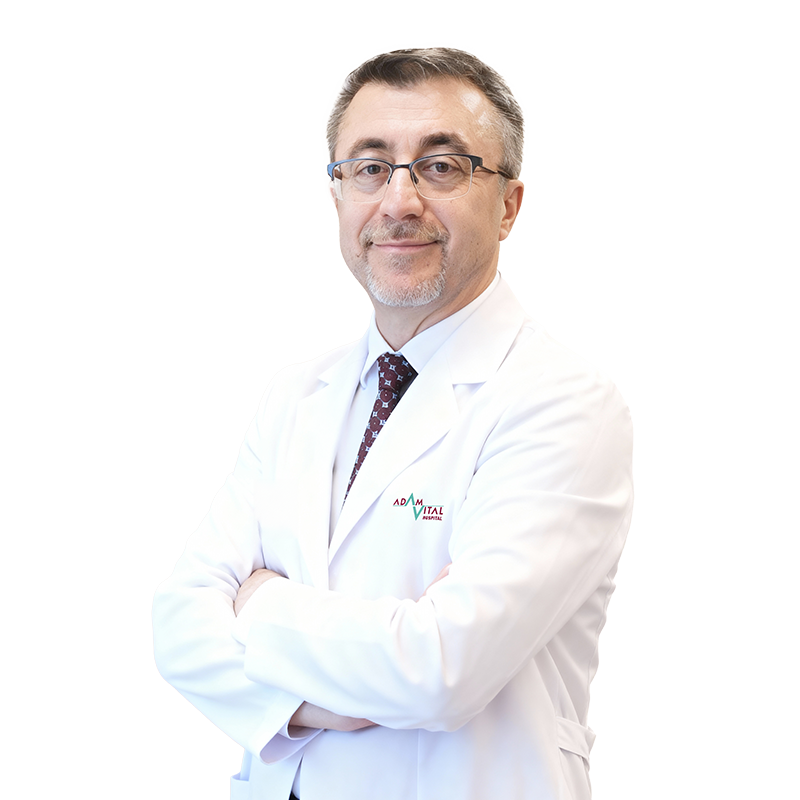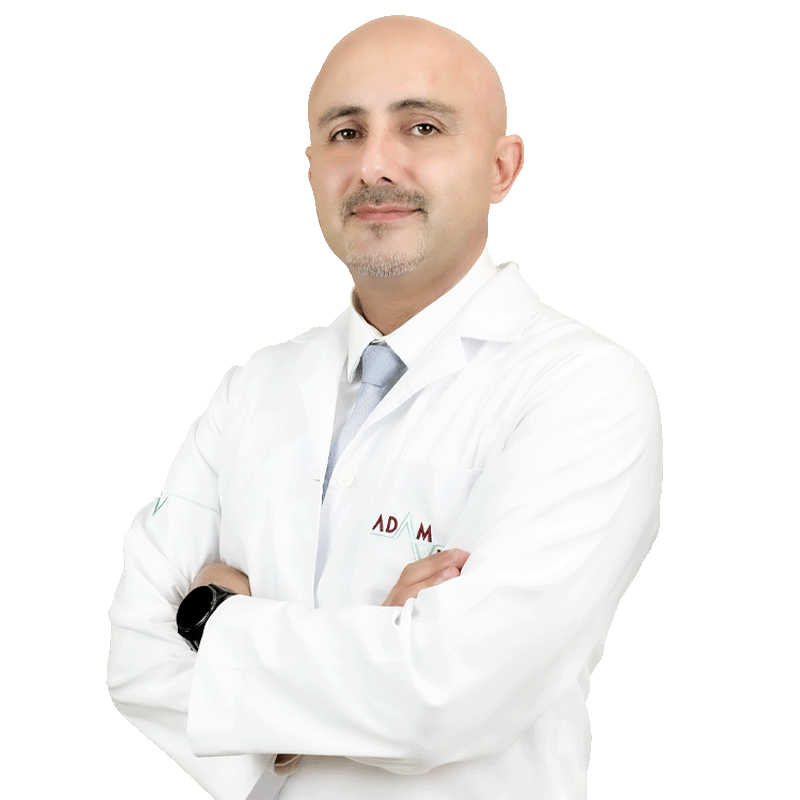Most back pain gets better within a month of home treatment and does not require surgery. If home treatments aren't working after several weeks, your doctor might suggest stronger medications or other therapies.
Medications :
Depending on the type of back pain you have, your doctor might prescribe the following :
- Over-the-counter (OTC) pain relievers : Nonsteroidal anti-inflammatory drugs (NSAIDs), such as ibuprofen or naproxen sodium may help relieve back pain.
- Muscle relaxants : If mild to moderate back pain doesn't improve with OTC pain relievers, the doctor may also prescribe a muscle relaxant. Muscle relaxants can make you dizzy and sleepy.
- Topical pain relievers : These products deliver pain-relieving substances through your skin via creams, salves, ointments or patches.
- Antidepressants : Some types of antidepressants — particularly duloxetine and tricyclic antidepressants, have been effective for relieving chronic back pain
Physical Therapy :
A physical therapist helps you in increasing back flexibility and strength for improving posture. Regular use of these techniques can help keep pain from returning.
Lower Back Surgery :
If you have unrelenting pain associated with radiating leg pain or progressive muscle weakness caused by nerve compression, you might benefit from surgery. These procedures are usually reserved for pain related to structural problems, such as spinal stenosis or a herniated disk
Some other procedures to treat Lower Back pain includes :
- Cortisone injections: These are strong anti-inflammatory drugs. Administration of cortisone decreases inflammation around the nerve roots, effects last only a month or two.
- Radiofrequency neurotomy: In this procedure, a fine needle is inserted through your skin so the tip is near the area causing your pain. Radio waves passed through the needle damages the nearby nerves, inferring with the delivery of pain signals to the brain.
- Implanted nerve stimulators: Devices implanted under your skin can deliver electrical impulses to certain nerves to block pain signals.






